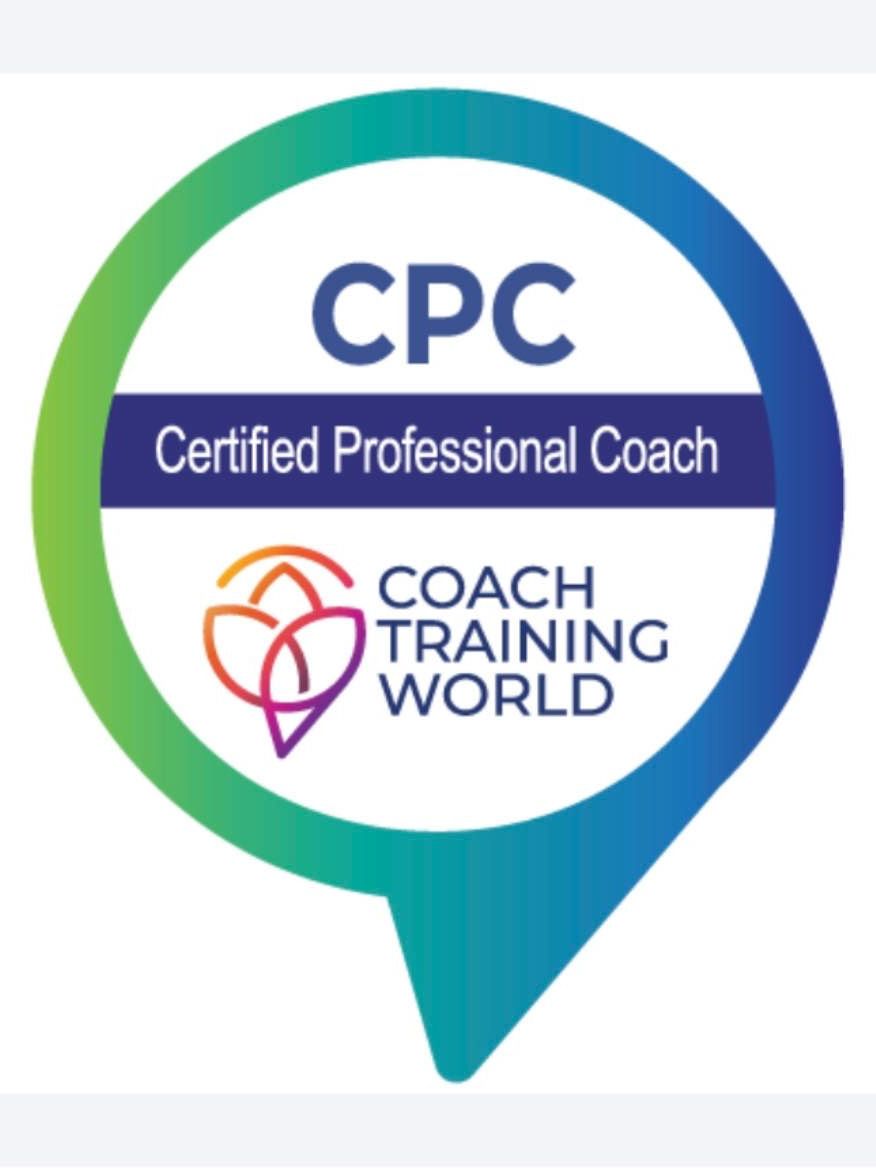Intimacy and Connection
Starting the Conversation: The Role of Sex Education and Intimacy in Emotional Connection
As a life coach and sex educator, I often see the hesitancy people feel when it comes to conversations about intimacy and sex. It’s not uncommon for these topics to be surrounded by discomfort, shame, or even avoidance altogether. But here’s the truth: intimacy is about so much more than sex, and learning how to talk about it openly can profoundly benefit individuals—whether they’re in a relationship or navigating life on their own.
Intimacy is the cornerstone of connection, but it often begins within. It’s about emotional vulnerability, trust, and the willingness to show up authentically, even when it feels uncomfortable. And while sex education traditionally focuses on biology and prevention, it can also serve as a foundation for understanding intimacy in all its forms. By reframing these conversations, we can begin to explore how intimacy enriches every aspect of our lives.
Beyond Sexual Intimacy
When people hear “intimacy,” their minds often go straight to physical or sexual connection. But intimacy is much broader. It’s found in the deep trust of a lifelong friendship, the emotional vulnerability of sharing a loss, and the quiet comfort of simply being present with someone who understands you. Whether someone is recovering from trauma, adjusting to the end of a long-term relationship, or grieving the loss of a partner, intimacy offers a path to healing.
The key is recognizing that intimacy isn’t always about others; it’s also about the relationship we have with ourselves. Learning to embrace self-compassion and honesty creates a foundation for the connections we build with others. This is where sex education and open dialogue can help redefine what intimacy means in your life.
Addressing the Uncomfortable
Talking about intimacy—especially after experiences like trauma, divorce, or loss—can feel overwhelming. For many, these discussions touch on areas of life that feel raw and deeply personal. But avoiding these conversations can lead to misunderstanding, disconnection, or even shame.
Working with a coach or sex educator can make these conversations less daunting. Whether you're working through trauma, rebuilding trust after a divorce, or exploring what intimacy looks like in a new phase of life, having a compassionate guide can make a world of difference. The goal isn’t to force anyone into a conversation they aren’t ready for but to create a safe space where openness feels possible.
The Benefits of Open Dialogue
When you start talking about intimacy—its challenges, its nuances, and its beauty—you open the door to deeper communication and connection. In relationships, this can mean understanding each other's needs more fully and cultivating a stronger bond. For individuals, it’s an opportunity to process emotions, clarify boundaries, and rediscover joy.
Creating an open dialogue also normalizes these conversations, making them less intimidating over time. Imagine a world where people feel comfortable asking their partners what they need, sharing their fears, or simply saying, “I’m struggling, and I need support.” These aren’t just skills for better relationships; they’re tools for a healthier, more connected life.
Moving Forward
If you’re someone who has avoided conversations about intimacy or feels unsure where to begin, know that you’re not alone. Whether you’re navigating a changing relationship, healing from trauma, or simply looking to deepen your understanding of yourself, taking that first step toward openness is a powerful act of courage.
As a coach and educator, my role is to guide these conversations with care, helping individuals and couples explore what intimacy means to them. Together, we can rewrite the narrative around intimacy, making it something to be celebrated rather than feared.
Starting the conversation might feel uncomfortable at first, but it’s through these moments of discomfort that true growth and connection emerge. When we open ourselves to dialogue, we discover the profound comfort that comes with being seen, understood, and valued—for exactly who we are.













